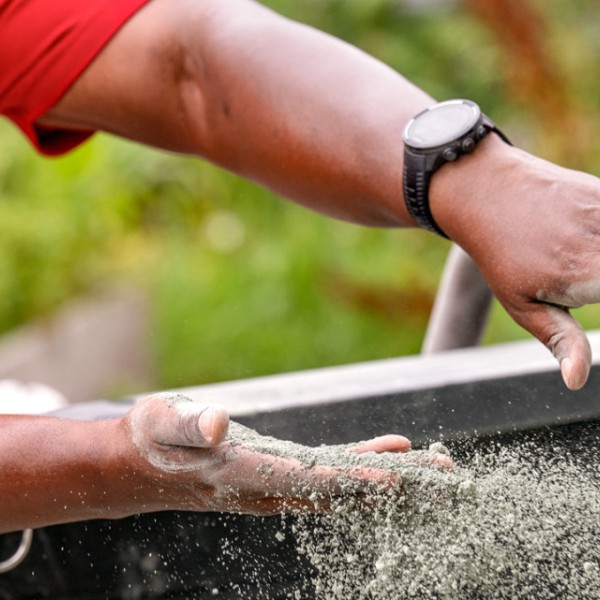What has it been like to work with Cornell AgriTech over the years?
We’ve had a close relationship with Cornell AgriTech over the years working with faculty there ever since we started farming in 1983. Both of us had worked on the Geneva campus during summers in college, so we knew some of the faculty members already. We always feel that being close in location to Cornell AgriTech has been a big benefit to our farm because we are able to have contact with faculty and staff on a regular basis. If someone from Cornell AgriTech wants to do offsite research, they will reach out to us and say, “Can we put this trap out in your field, or can we do start this project in your field?” Their experiments benefit us as well.
What have been Cornell AgriTech’s most notable impacts on Pedersen Farms?
Pest control has been something that we can always depend on Cornell AgriTech for. Cornell AgriTech is usually working on pest management for important crops grown in this area. Even though we grow some of the more unusual crops, there's usually someone with knowledge of that particular crop and the pests that affect it.
Especially since we’re organic, we can't just spray pesticides. Getting help from Cornell AgriTech with organically approved materials has been a huge benefit. We’ll ask, “Have you ever tried this or is there any evidence that this will work?” A lot of times a faculty member will either have tried [a pest management technique] in trials or will have general knowledge about it.






